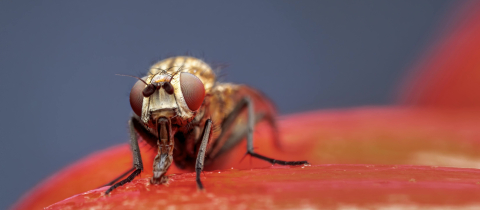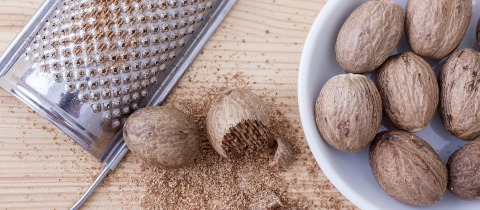It seemed that the bilberries improved the pilots' night vision and made them more successful in dogfights. Or so the story goes... But - “Fake News!” because there is no documented evidence that the pilots actually ate bilberry jam. Some accounts suggest that the rumour was spread by the military to distract the Germans from the fact that the British were testing radar equipment on their planes. In some versions of the story, it were carrots that was the cause of the pilots success.
While the dietary habits of the World War II pilots are debatable, the supposed benefits of bilberries for the eyes did arouse researchers’ interest. That’s because these berries have a folkloric history for treating ailments that range from circulatory problems to diarrhea and ulcers. And there is some rationale for possible benefits since bilberries are rich in anthocyanins, the pigments responsible for the blue colour and have antioxidant properties, which work by neutralizing free radicals that generate as a byproduct of normal metabolism and are suspected to play a role in various diseases as well as in aging.
Bilberries grow in Europe but are close relatives of the North American blueberry and the two have similar anthocyanin content. Some cultivars of blueberries have a greater antioxidant effect than bilberries but this has no practical significance. For both berries the highest concentration of anthocyanins is in the skin.
Two research groups, one at the Naval Aerospace Research Laboratory in Florida and the other at Tel Aviv University decided to see if there was any real science behind the anecdotal reports of the British pilots’ boosting their visual acuity with bilberry jam. In both cases young men were given either a placebo, or extracts that contained up to 40 mg anthocyanins, an amount that could be reasonably consumed from berries in the diet. Various tests to measure night visual acuity were administered, and in both cases the conclusion was that no improvement in night vision was seen.
Blueberry and bilberry extracts are also promoted as dietary supplements to help reduce the risk of macular degeneration, the irreversible condition that occurs when the macula, the central portion of the retina, deteriorates. The retina is the tissue at the back of the eye that detects light. In theory, based on laboratory experiments, antioxidants can afford protection. When retinal cells are exposed to hydrogen peroxide, a strong oxidant, they suffer less damage when bathed in a blueberry anthocyanin extract. That, however, is light years from concluding that dietary anthocyanin supplements can help with macular degeneration. No clinical trials have looked at the effects of anthocyanin supplements on macular degeration so that right now there is no basis for recommending berry extracts for any eye problem. But there is consensus that incorporating berries into the diet is a good thing to do.
Want to comment on this article? Visit our FB Page!







